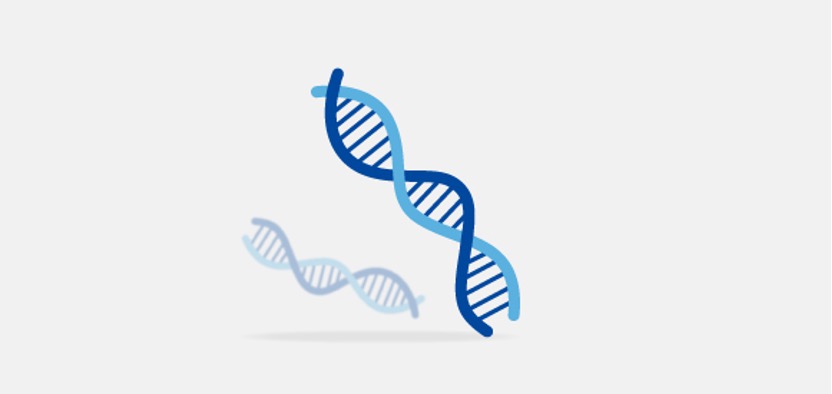
In recent years, the global biotechnology market has surged to an estimated $752 billion, with gene validation playing a pivotal role in this growth. As we delve into the intricate relationship between gene validation and legal frameworks, it becomes evident that understanding these regulatory attributes is essential for compliance and innovation.
The Essence of Gene Validation within Legal Frameworks
Gene validation refers to the process of confirming that a specific gene performs its intended function within biological systems. This concept not only encompasses scientific rigor but also intersects significantly with legal regulations governing biotechnological advancements. The implications of gene validation extend beyond national borders, influencing Multilateral Trade Agreements (MTAs) which aim to harmonize standards across countries while ensuring intellectual property rights are respected. Thus, navigating these legal landscapes requires a comprehensive understanding of both scientific principles and regulatory requirements.
Tsingke’s Role in Multilateral Trade Agreements

Tsingke stands at the forefront of integrating gene validation processes within MTAs by advocating for standardized practices that enhance transparency and collaboration among member nations. Their initiatives focus on establishing clear guidelines for genetic research and development, thereby fostering trust among stakeholders involved in international trade. By promoting best practices related to gene validation, Tsingke aims to mitigate potential disputes arising from differing national regulations while facilitating smoother cross-border transactions.
Characteristics of Cloning and Subcloning in Multilateral Trade Agreements
- Intellectual Property Protection: Cloning techniques must adhere to stringent IP laws outlined in MTAs to safeguard innovations against unauthorized use.
- Sustainability Standards: Many agreements emphasize sustainable practices during cloning processes, ensuring environmental considerations are met alongside technological advancements.
- Cross-Border Compliance: Entities engaging in cloning or subcloning must navigate varying compliance requirements dictated by different jurisdictions as stipulated by MTAs.
- Efficacy Verification: Validating cloned genes’ efficacy is crucial; thus, adherence to established protocols ensures consistency across international markets.
- Biosafety Regulations: Cloning activities are subject to biosafety assessments mandated by multilateral agreements aimed at protecting public health and biodiversity.
A Concluding Perspective on Gene Validation within Multilateral Trade Agreements
The intersection of gene validation with legal frameworks underlines its significance not only as a scientific endeavor but also as a critical component influencing global trade dynamics through MTAs. As we continue exploring this field’s complexities, it remains imperative for stakeholders—be they researchers or policymakers—to stay informed about evolving regulations surrounding genetic technologies. Ultimately, effective navigation through these multifaceted landscapes will foster innovation while upholding ethical standards globally.
Click cloning and subcloning.
